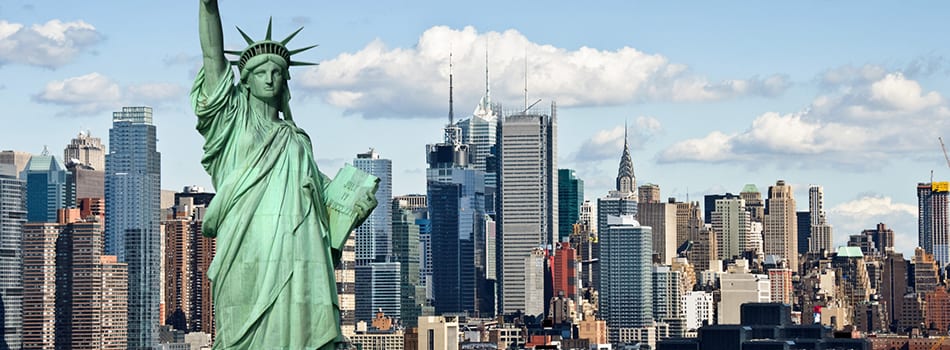“New York does not lower fees or taxes!”
This phrase was shouted across the room by none-other than democrat New York Representative Daniel O’Donnell. This was said in the private closed-door October 2017 meeting between state legislators and representatives from the ticketing industry.
The response came after comments from TicketNetwork CEO Don Vaccaro, who noted that he supported the US Minority Ticketing Group’s (USMTG) legislative proposal to lower New York’s onerous requirements that ticket resellers pony up a $5,000 licensing fee as well as a $25,000 bond every year to do business in the state. USMTG has complained that these fees and bonds are excessive and disproportional, providing an undue burden on small minority-owned businesses. One could argue that they serve as an industry-specific callback to Jim Crow poll taxes, restrictive barriers designed to limit the participation of certain, particularly lower income populations.
Until a few years ago, the fee to hold a license in New York to operate a resale business was only $100, similar to fees charged to other industries. Now, the cost barrier to entry in the market is 300 times that amount, between annual license and bond. Bounty hunters are only charged a $100 fee for a two-year license. Telemarketers pay a fee of $500 for two years. Alarm installers, people who enter consumers homes, are only charged a fee of $200, again for a multi-year license. Security guards only have to pay $36 for a two-year fee — a mere $18 a year.
No other industry licensed by New York even comes close to the ticket seller tariff; it is so outside the norm and there does not appear to be any real justification for the excessive fee. The state has less than 100 registered ticket resellers and makes about $500,000 in fees, a drop in the New York budget bucket, so it can’t be about the money.
For small and black businesses, it is no secret that larger competitors erect barriers to fair and open competition in the market, often using their clout to do so with government assistance. For example, despite the success of black entertainers, discrimination and lack of opportunities for black promoters still runs rampant, as black event promoters have failed to see courts recognize their right to contract with artists of any race as guaranteed by the Civil Rights Act 42 U.S.C. 1981. Dwayne Miller, Managing Director of Trendset UK, went so far as to characterize the black promoters as “a species more endangered than a giant panda on a road trip with ISIS.”
Minority small business owners in the ticket resale business are feeling a similar squeeze, brought on by onerous regulatory barriers to entry that did not exist until legislators like Mr. O’Donnell put them into place, with ample input from their industry-insider political backers.
When Vaccaro raised the issue at the meeting, he really expected members of the concert industry and the attorney general’s office to have a serious discussion on the topic, and was genuinely surprised by not just Representative O’Donnell’s response, but also by the silence from the rest of the room.
Vaccaro is one of the founding fathers of the new ticket reselling industry, helping transform scalping from “the guy hawking tickets in front of a venue” to its current internet-based sales model, complete with robust consumer guarantees. As a frequently outspoken character, he has been a frequent target of competitors and the government. As Darnell Goldson, a member of USMTG who attended the meeting as Vaccaro’s guest, said, it didn’t take long for the for response from his rivals.
“They clearly knew that this policy of overcharging ticket resellers falls outside the norm for licensing, and it wasn’t the only issue raised by Don in the meeting,” Goldson said. “They don’t want to address these issues, and it doesn’t seem to be a coincidence that the lawsuits against him were launched on this ‘speculative ticket claim.’ Why has the AG only sued his company, even though they knew this was a standard practice in this and other industries?”
If New York wants to recruit small and diverse businesses, it needs to begin by getting rid of non-public meetings when discussing legislation if real problems are going to be resolved.




